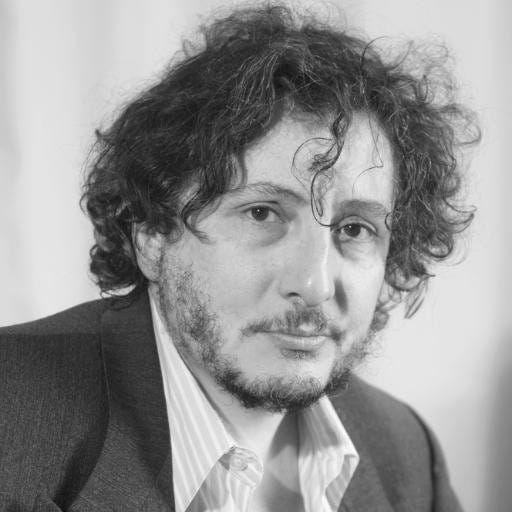The NATO-Ukraine scheme
In other words, Stoltenberg has without prodding confirmed what the Russians have been claiming for years. NATO was turning Ukraine into an armed, hostile military base on Russia’s border, at a time when not only Ukraine was supposed to be implementing the 2015 Minsk agreement, but key NATO powers Germany and France were supposed to be ensuring that Ukraine was indeed implementing that agreement. The Minsk agreements, signed by the Kiev government and the representatives of the people of the Donbass, provided for the gradual reintegration of the Donbass into Ukraine. As part of the step-by-step process of reintegration, the Ukraine constitution would be changed in order to grant certain areas of the Donetsk and Luhansk a “special status.”None of that ever took place, as the Russians repeatedly pointed out. Indeed, former Ukraine President Petro Poroshenko, who signed the Minsk agreements on behalf of Ukraine, recently admitted that he never had the slightest intention of fulfilling the terms of the Minsk agreements. His goal in signing the agreement had been to buy time to enable Ukraine to build a “powerful military.” “What is the result of the Minsk agreement?” he asked. “We win eight years to create an army. We win eight years to restore economy.”
NATO, as Stoltenberg admits, happily played right along with the Ukraine government’s scheme of pretending to be interested in implementing Minsk while in reality preparing for war. Also playing along with this theater were the NATO powers—Germany, France and the United States in particularly—who were piously pretending to be anxious to implement Minsk while sternly condemning Russia (which was not a party to Minsk—like France and Germany, it was a guarantor) for its supposed failure to implement Minsk. Throughout those eight years, the same NATO powers continued to arm Ukraine, while tacitly and not so tacitly encouraging it to prepare to resolve the problem of the Donbass by force (in clear violation of Minsk). And, as NATO well knew, there was no way Russia would stand by passively in the event of an armed attack by the Kiev government against the ethic Russians of the Donbass. In other words, for eight years NATO prepared Ukraine for war against Russia, which it knew was coming.
Not only was NATO encouraging Ukraine to resolve its Donbass problem by force, NATO was seeking to get Ukraine into the alliance. NATO pursued this goal single-mindedly. The issue of whether whether Ukraine would become a de jure or a de facto NATO member was secondary. What mattered was the blow that Ukraine’s induction into NATO would inflict on Russia’s Great Power pretensions. NATO had clearly taken on board the thinking of former U.S. National Security Adviser Zbigniew Brzezinski who, in his classic The Grand Chessboard: American Primacy and Its Geostrategic Imperatives (1997) had explained the importance of Ukraine to any hope Russia might have to remain a Great Power:
Without Ukraine, Russia ceases to be a Eurasian empire. Russia without Ukraine can still strive for imperial status, but it would then become a predominantly Asian imperial state, more likely to be drawn into debilitating conflicts with aroused Central Asians, who would then be resentful of the loss of their recent independence and would be supported by their fellow Islamic states to the south. China would also be likely to oppose any restoration of Russian domination over Central Asia, given its increasing interest in the newly independent states there. However, if Moscow regains control over Ukraine, with its 52 million people and major resources as well as its access to the Black Sea, Russia automatically again regains the wherewithal to become a powerful imperial state, spanning Europe and Asia.

NATO Learns Nothing and Forgets Nothing
NATO Secretary-General Jens Stoltenberg seems unable to free himself of his dangerous delusions
